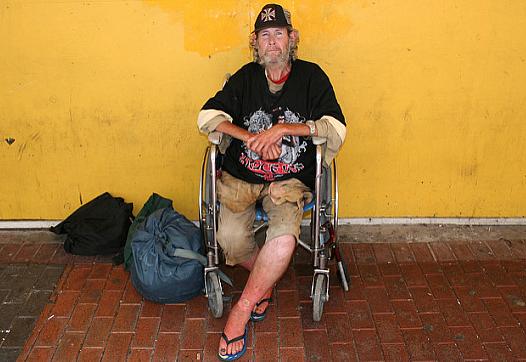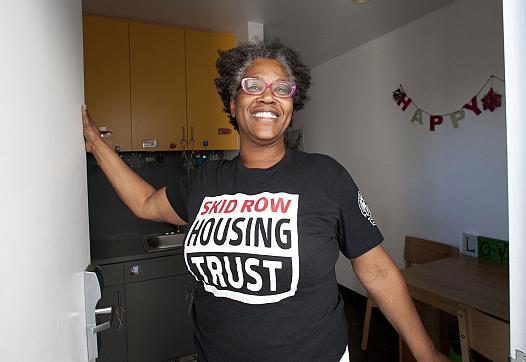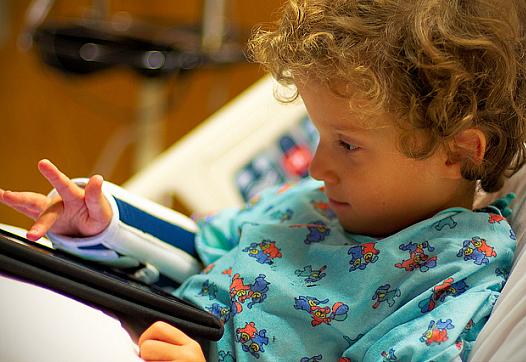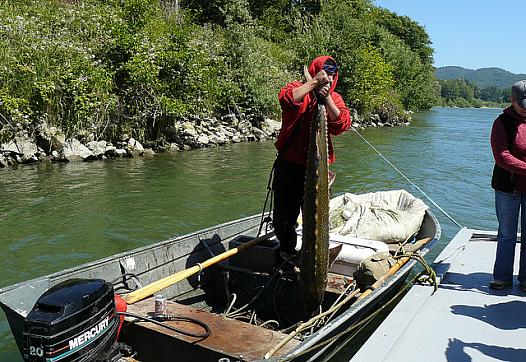
“One important thing is to find your advocate,” veteran reporter John Gonzales told fellow journalists this week. “You got to find someone who is going to be there for you when you’re having trouble with access.”

“One important thing is to find your advocate,” veteran reporter John Gonzales told fellow journalists this week. “You got to find someone who is going to be there for you when you’re having trouble with access.”

Does a forthcoming ban on smoking in public housing promote the health of residents or amount to "nannying the poor"? Reporter Jennifer Bihm looks into the issue.

California’s Central Valley has a reputation for violent communities. The region also has a reputation for higher rates of police shootings. Is inadequate access to health care and mental health services leading to more violent encounters?

Star Apartments in L.A.'s Skid Row is a dazzling vision of what homeless housing can look like. But it's not the model the city is banking on to meet its huge need for supportive housing for the region's 45,000 people without homes.

Diabetes impacts nearly 10 percent of Americans and people of color are twice as likely to be diagnosed. Another 8 million have not been diagnosed and millions more are considered pre-diabetic. Why have diagnoses increased so quickly? And what might offer promise in slowing its spread?

Two journalists, a doctor and a nonprofit leader offer tips and context for how to tell urgent stories from underserved communities in the midst of the ongoing Obamacare rollout.

In 2014, only 32 percent of Medicaid-enrolled children received any oral health care, according to Florida data submitted to the federal government. Without proper dental care from the time children sprout their first tooth, they can be set up for a lifetime of tooth decay and cavities.

When it comes to a hospitalized child, it’s fair to say no one is keeping tabs more closely than the mom or dad perched bedside. It’s no surprise they’re often to the first to catch medical errors, as new research suggests.

The Yurok, California’s largest Native American tribe, recently submitted an emergency declaration to Gov. Jerry Brown and the federal government in response to a rash of suicides among the tribe’s young men. What's driving this trend, and what can be done?

Obamacare enabled a wave of residents in California’s Central San Joaquin Valley to get health insurance, but finding doctors has been a recurring challenge for many. Is there any relief on the horizon?